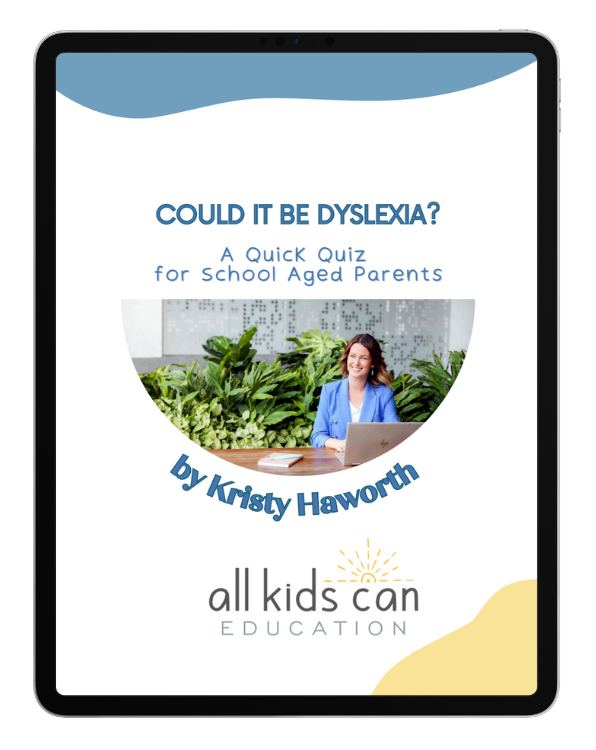Navigating Reading Remedies

Navigating the journey of helping your child overcome reading difficulties can be fraught with confusion and sometimes, desperation. In your quest to find solutions, you might encounter various remedies and interventions promising miraculous results. However, as a structured literacy dyslexia therapist, I urge you to tread carefully through the maze of options, being wary of what's often referred to as "snake oil."
Snake oil, in the context of interventions for reading difficulties, refers to treatments or products that claim to provide quick fixes but lack scientific evidence or empirical support. These solutions often prey on the vulnerability and desperation of parents seeking help for their children's struggles.
Among the myriad of snake oil remedies, two that frequently surface are essential oil patches and colored lenses. While these may seem promising at first glance, it's essential to understand their lack of efficacy in addressing the root causes of dyslexia and reading difficulties.
-
Essential Oil Patches: Proponents of essential oil patches claim that certain aromatic oils can enhance cognitive function and alleviate reading difficulties. However, there is scant scientific evidence supporting these claims. While aromatherapy may offer relaxation benefits, it does not address the underlying phonological processing deficits that are characteristic of dyslexia.
-
Colored Lenses: Another popular but unproven intervention involves wearing colored lenses or using colored overlays to improve reading performance. Advocates suggest that specific colors can reduce visual stress and enhance reading fluency. However, it's crucial to recognise that dyslexia is primarily a language-based learning disorder, and while visual factors may play a role, they are not the primary cause and coloured lenses are not the 'quick fix' that they promise to be.
So, what's the alternative?
Structured literacy, rooted in evidence-based practices, offers a scientifically validated approach to addressing reading difficulties. At its core, structured literacy focuses on teaching the fundamental skills necessary for proficient reading, including phonemic awareness, phonics, fluency, vocabulary, and comprehension.
Phonological processing, in particular, plays a central role in structured literacy instruction. By systematically teaching students to recognise and manipulate the sounds of language, structured literacy helps build the foundational skills needed to decode words accurately and comprehend text effectively.
As parents, your role in supporting your child's journey through reading difficulties is invaluable. By seeking out structured literacy instruction, you can provide your child with the tools and support they need to succeed.
Remember, while the allure of quick-fix remedies may be tempting, it's essential to approach interventions for reading difficulties with skepticism and discernment. By focusing on evidence-based practices like structured literacy, you can empower your child to overcome obstacles and unlock their full potential as readers and learners.
Stay connected with news and updates!
Join our mailing list to receive the latest news and updates from our team.
Don't worry, your information will not be shared.
We don't spam. We will never sell your information, ever.








